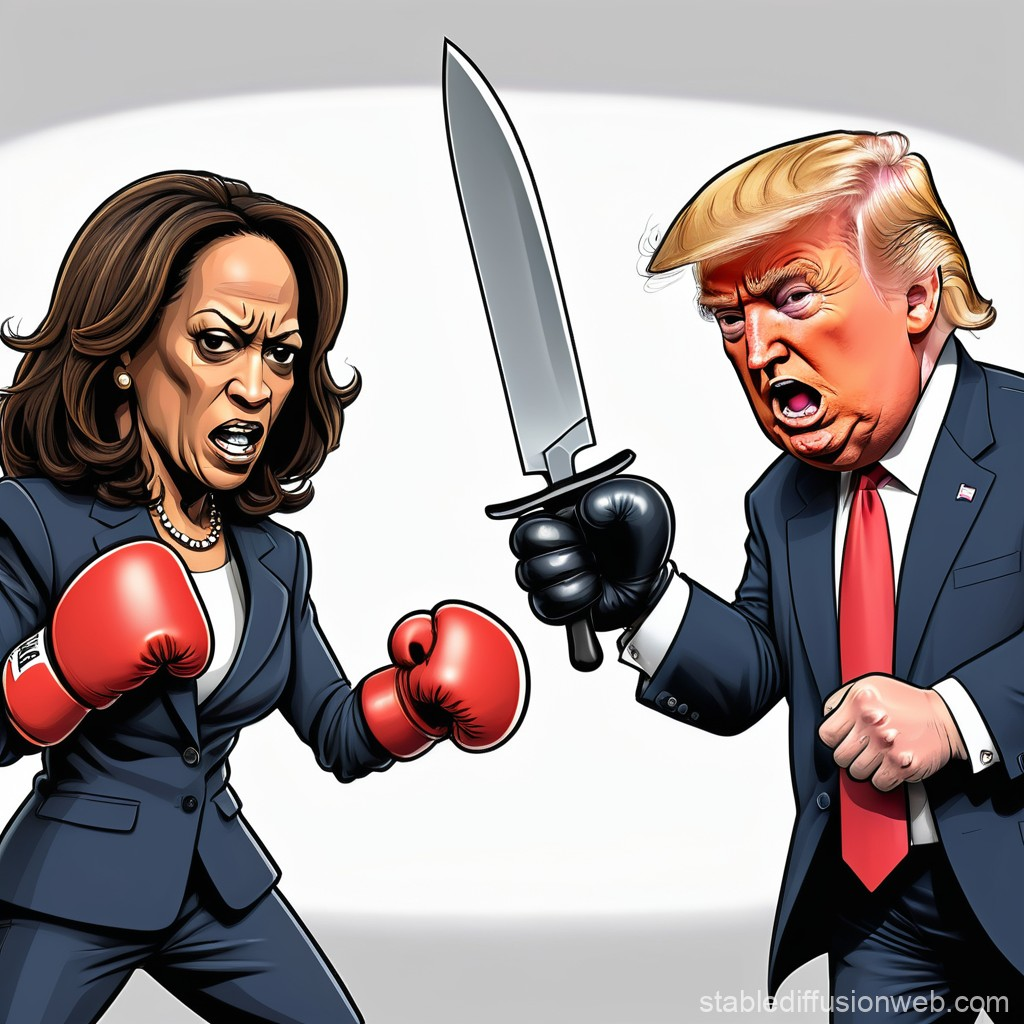The fall of the Assad regime in Syria was spectacular and unexpected. At least, regular schmucks like me did not see it coming. One reason is that they had been fighting the civil war successfully for more than a decade, and second, in the ongoing Israel-Palestine conflict, Syria was not on anyone's radar. But how the regime crumbled showed how ephemeral these propped-up regimes are. It's hard to know who is propping them up and to what extent. But once that support evaporates, these regimes go poof!
The general commentary on the ongoing Israel-Palestine conflict veers between banal and stupid. There is outrage over the Palestinian deaths, denial over the crime Hamas perpetrated, and then pontification over how Israel cannot solve this problem through warfare. The reality is that the Oct 7 attack by Hamas is going alter the future and geography of the Middle East for the foreseeable future. The ball game has changed for good. It is no longer the old conflict of cat-and-mouse that Israeli forces played with Hamas and Hezbollah. It is no longer a conflict where the Israeli army attempts to minimize civilian casualties; all the while, Hamas/Hezbollah maximizes the casualties for more funding and PR. It is hard to figure out the approximate civilian casualties in Palestine, Lebanon, and Syria, but suffice it to say that it runs into tens of thousands of innocent lives. That's tens of thousands more than needed. And yet, Hamas is refusing to release the hostages, and none of the world powers or Arab powers can force Hamas's hand. And the innocents are paying a heavy price for that.
In response, the Israeli army has decided to take a no-holds-barred approach. They not only became purposefully indiscriminate in unleashing violence, but they spread the theater much more expansive than anyone could probably have predicted. Israeli army first dismantled Hamas in Gaza and Palestine. Then they moved on to Hezbollah. For both of these terrorist organizations, Israelis not only went after their ground network but also picked the senior leadership apart - one by one. The fury was staggeringly violent, but the precision in killing both Hamas and Hezbollah leadership stood unprecedented. Then, the war theater expanded into Lebanon and Syria. In the meantime, Israel and the U.S. Navy started tightening bolts around Iran in the Gulf of Hormuz. It seems like both Israel and the U.S. are hell-bent on making Iran pay the ultimate price for the horrendous attacks of Oct 7. The current conflict is no longer a battle with proxies; those proxies are about to be eliminated. But this is about going after the sponsors who pretend to be warriors while sitting comfortably in their houses.
Assads have been playing the proxy game of Iran for a long time. With Iran increasingly finding itself in a tight spot, the Assads were on thin ice already. The Assads thought they were being clever by also becoming a proxy of Russia. But with Russia embattled in Ukraine, Assad's hold on Syria was a lot more tenuous than what appeared. The U.S. stuck at this weak moment by covertly funding and providing for the rebels fighting against the Assads. The Israelis were also waiting to pounce once the rebels moved it. It was like a perfect storm, except Assads had no shelter to run to.
What is next for Syria? It's hard to predict, especially since no one expected the last few weeks. However, it is doubtful that Syria will have a calm future. The rebels will not be able to govern. Being a rebel is without any responsibilities, while governing is only that. The U.S. and Israel are not going to let the region fall prey to Iran's influence again. The country will either be divided, officially, into smaller countries. Even if it's not official, the government will be 'governed by various rebel factions. Turkey, Jordan, and Iraq will try to gain some influence to shore up their borders. The U.S. and Israel will be watching the grounds like hawks. The state-sponsored violence of Assad's will subside, but the region will not be peaceful for a long, long time!

